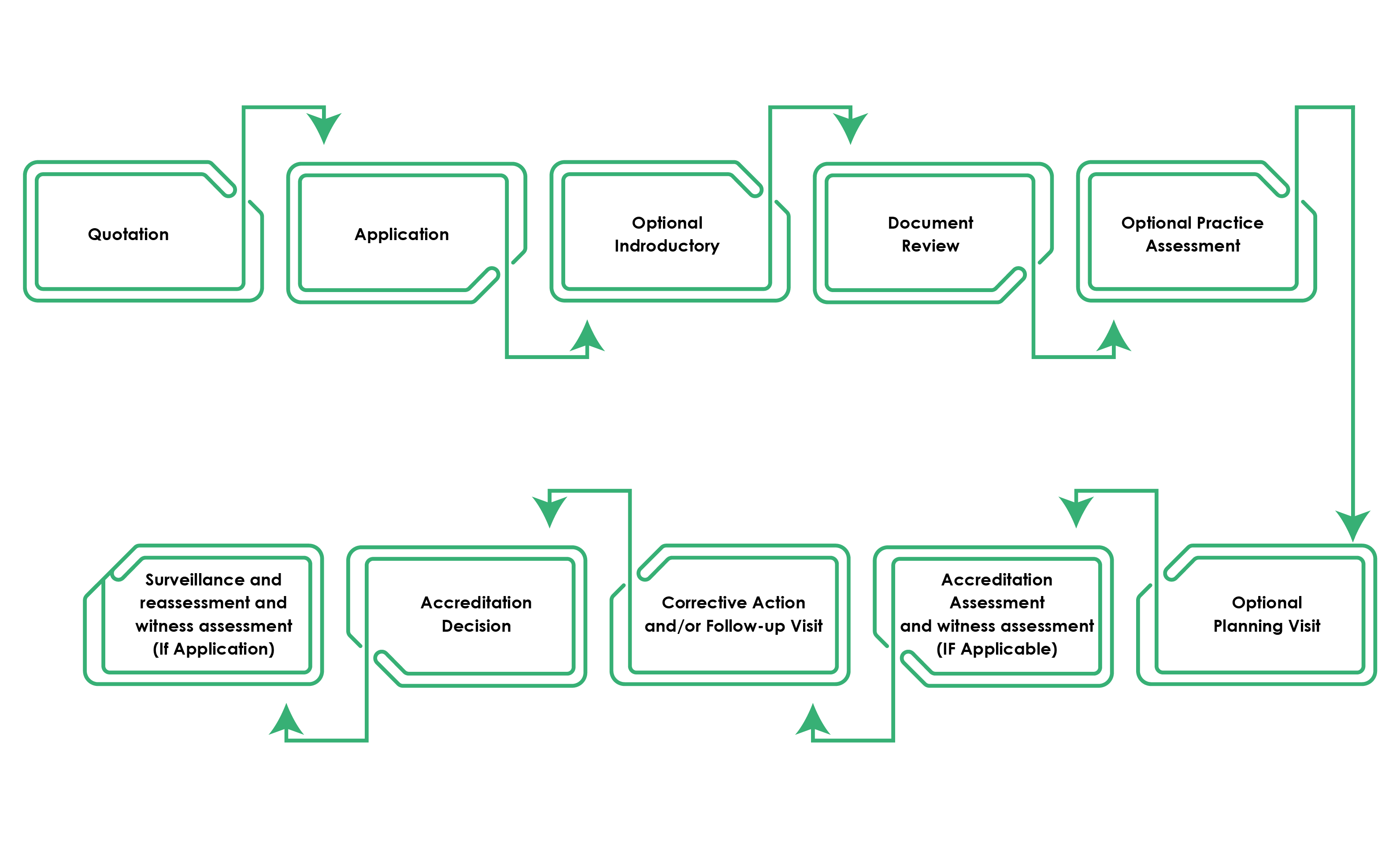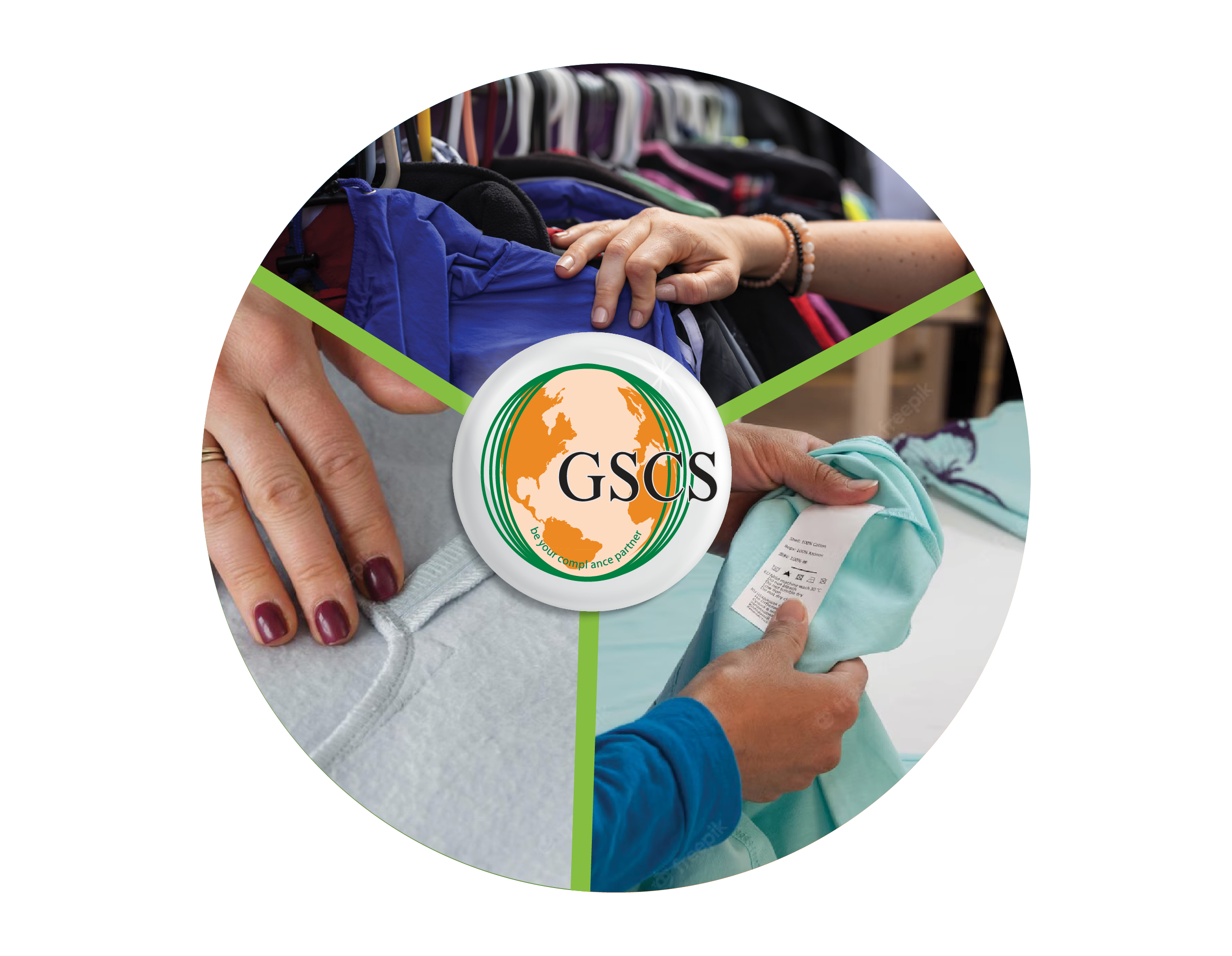
ISO/IEC 17020:2012 Inspection Services | GSCS Accredited by EGAC
Introduction
In any country, the quality of the product and its compliance with international standards is of great importance. Such businesses need to have correct inspection work done concerning standards for check-ups. That is why one of the greatest recognized documents that set bindings for checkup services standards is ISO/IEC 17020:2012, which sets rules that sanction bodies for inspection services ought to comply with. We know that for GSCS International Ltd, which has been certified by the Egyptian Accreditation Council (EGAC), Inspection Services are provided according to norms and standards.
This article will discuss the ISO/IEC 17020:2012 standard, the importance of EGAC accreditation, and how GSCS International maintains its cutting-edge inspection services for clients all over the world.


Benefits of Final Random Inspection (FRI) for Global Manufacturing
Introduction: Product quality is vital in maintaining brand reputation and ensuring customer satisfaction in the current competitive international market. Final Random Inspection (FRI) is one of the most essential methodologies in manufacturing, as it assesses product quality before shipment. This FRI guarantees that, at a minimum, client specifications and regulatory requirements are met, along with overall quality control.
GSCS provides quality assurance services in Bangladesh, Myanmar, and Ethiopia for a variety of customers covering Incoming control or Material Inspection, Pre-production control (On-site size set checking and PP meeting), Sample picking, Layout and First output quality checking, Inline Inspection (DPI) and Final Random Inspection (FRI). Our quality engineers are having 10 to 15 years of inspection and Quality controlling experience in 3rd party, buying office, and multi-national factories.
This article will explore the key advantages of Final Random Inspection (FRI): it enhances manufacturing quality assurance while minimizing risks within the international supply chain.
book the course
